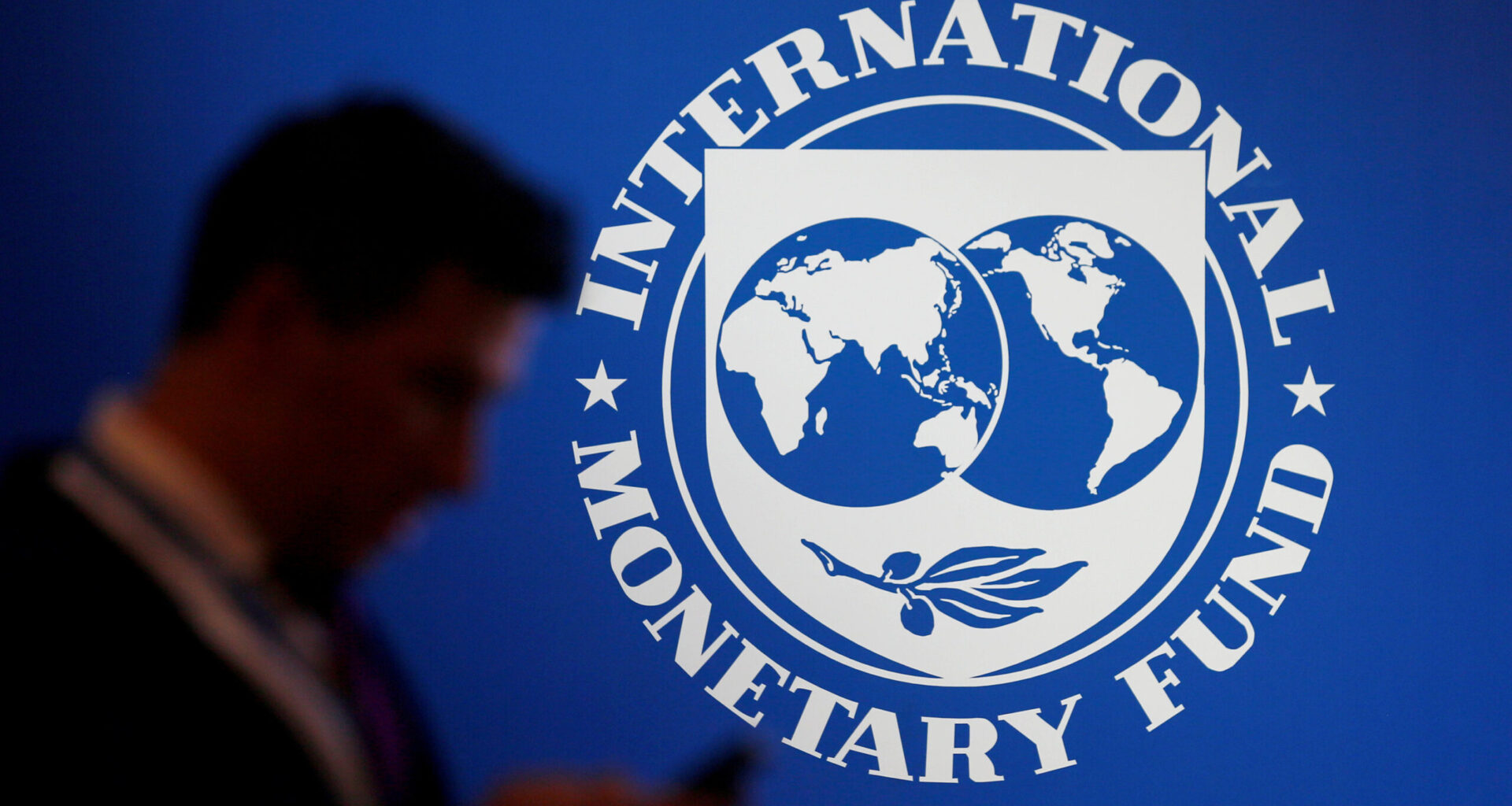The recently published staff report on Argentina from the International Monetary Fund (IMF) revealed that the national administration led by President Javier Milei is committed to further sweeping cuts in social policies and the modification of the way it measures inflation.
Last week, the lender of last resort approved a US$2 billion disbursement to the country, part of a US$20 billion program it signed in April. In its report analyzing the deal’s first review, the agency’s staff set the path the country will follow, with some previously unknown details.
“Continued spending discipline remains essential, and will involve the administration resisting new unfunded spending initiatives,” the report said, adding that the government committed to the “ambitious primary surplus objective of 1.6 percent of GDP for 2025.”
For example, the government will further reduce energy subsidies and bring electricity and gas fees closer to cost recovery. This will be done before the end of this year, the document said.
Milei’s administration will also present to Congress a proposal to carry out a “comprehensive pension reform” before the end of 2026.
On Monday, the President vetoed a law increasing pensions by 7.2% and taking a minimum bonus from AR$70,000 to AR$110,000 (US$50 to US$80 at the official rate). Currently, the minimum monthly retirement pensions are AR$384,305 (US$279) a month. The poverty line in Argentina for a three-person household is AR$898,336 (US$653).
The administration committed to “tighter expenditure controls as well as efficiency gains in social programs.” It will also deploy “enhanced eligibility controls for disability pensions and the Universal Child Allowance (AUH).” The AUH is a social security program in Argentina, implemented since 2009, which pays a monthly subsidy to families for each child under 18 or disabled. Nowadays, approximately 4 million children benefit from the AUH.
The government committed to integrating various social datasets into a single registry to better control pension recipients by the end of December.
Apart from bond issuances and foreign currency purchases, the government seeks to increase international reserves accumulation by privatizing and selling assets. On July 18, the government announced the privatization of the Buenos Aires water and sanitation company, AySA.
The country’s statistical agency, INDEC, will release before the end of the year an updated Consumer Price Index (CPI, the inflation figure) based on the 2017-18 household expenditure survey. The goal is “to better reflect structural changes in cost patterns” and to “improve data quality.”
The Milei administration has been targeted with criticisms on the way it measures inflation, as it uses a 2004 expenditure survey.
A source with knowledge of the matter said that the INDEC had been discussing changing it, waiting for a period with calm relative prices. However, the fact that it has to be done before the end of the year was first known, even to people in the agency, after being published in the IMF in its staff report.
